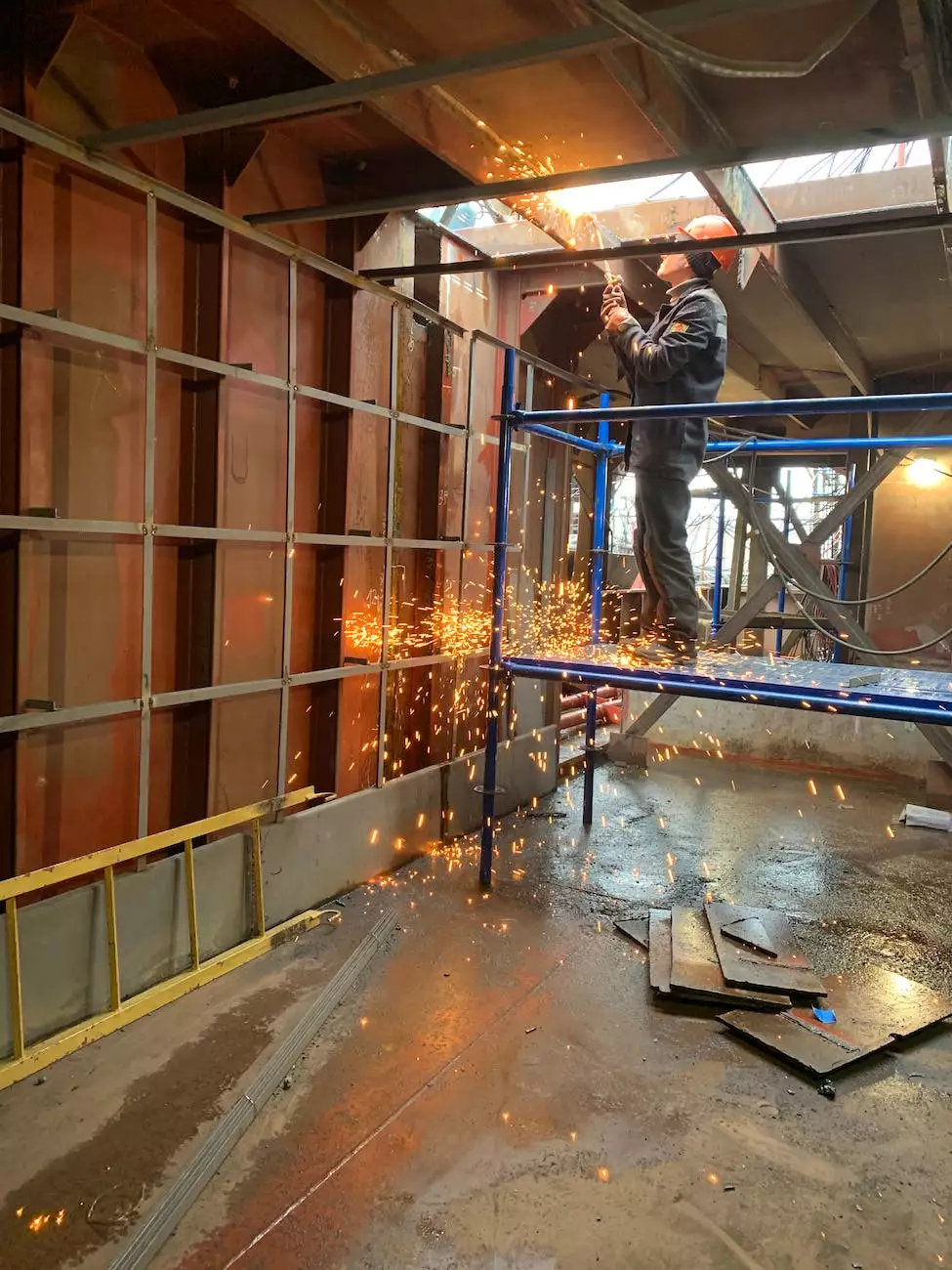How To Improve Page & Site Speed
Website Performance Tips
Introduction
Welcome to Crush My SEO's comprehensive guide on how to improve page and site speed. As a reputable provider of SEO services in the Business and Consumer Services industry, we understand the critical role that loading speed plays in optimizing website performance and user experience. In this article, we will discuss various strategies and techniques to help you enhance your site's speed, outrank your competitors, and provide visitors with a seamless browsing experience.
Why is Page & Site Speed Important?
Before we delve into the specifics, let's first understand why page and site speed is crucial for your online presence. In today's fast-paced digital world, users expect instant access to information. Research has shown that website visitors are highly likely to abandon a site if it takes more than a few seconds to load. Moreover, search engines like Google prioritize websites that provide a speedy browsing experience, resulting in higher search rankings and increased organic traffic.
Optimizing Page & Site Speed
Now that we've established the significance of page and site speed, let's explore some powerful strategies to optimize your website's loading time and outrank your competitors:
1. Minimize HTTP Requests
One of the primary factors impacting your site's speed is the number of HTTP requests made when loading a page. Aim to reduce the number of elements on each page, combine CSS and JavaScript files, and utilize CSS sprites to decrease the total number of HTTP requests, resulting in faster load times.
2. Enable Browser Caching
Browser caching allows frequent visitors to load your website more quickly by storing static files on their local machine. By setting an appropriate expiration date for static resources such as images, CSS, and JavaScript files, you ensure that returning visitors experience significantly improved load times and enhanced user experience.
3. Optimize Images
Images often account for a substantial portion of a website's total page size. Optimize your images by compressing them without compromising quality, converting them to the proper file format, and utilizing responsive images to ensure they are displayed correctly on different devices. Additionally, lazy loading techniques can be employed to defer the loading of below-the-fold images, further improving page speed.
4. Minify CSS and JavaScript
To enhance site speed, it is essential to minimize the size of your CSS and JavaScript files. Remove any unnecessary characters, spaces, and comments in your code to reduce file size. Consider combining multiple CSS or JavaScript files into one to reduce the number of HTTP requests and expedite loading time.
5. Utilize Content Delivery Networks (CDNs)
Content Delivery Networks, or CDNs, distribute your website's static files to servers located around the world. This helps deliver content to your visitors from the nearest server, reducing latency and improving page load times. By utilizing CDNs, you can ensure a fast and reliable experience for users, regardless of their geographic location.
6. Regularly Update and Optimize Plugins
Plugins play a significant role in website functionality, but outdated or poorly optimized plugins can negatively impact your site's speed. Regularly update and remove any unnecessary plugins to minimize the code bloat and potential performance issues. Opt for lightweight plugins designed for speed and efficiency.
7. Minimize Redirects
Redirects add an extra step in the loading process, resulting in slower page speeds. Ensure that your website has minimal redirects, as each redirect generates an additional HTTP request, adding to the overall load time. Consider using direct links whenever possible to reduce unnecessary redirects.
8. Optimize Server Response Time
Your website's server response time directly influences page and site speed. Optimize server response time by choosing a reliable hosting provider, employing caching mechanisms, and optimizing database queries. Regular monitoring and fine-tuning of server configurations can significantly improve your site's overall performance.
Conclusion
Improving page and site speed is crucial for outranking competitors on Google and providing visitors with an exceptional browsing experience. By implementing the strategies outlined in this guide, you can optimize your website's loading time, increase its search rankings, and enhance user satisfaction. At Crush My SEO, we have years of experience in helping businesses achieve optimal site speed and deliver outstanding results. Contact us today to learn more about our comprehensive SEO services tailored to improve page and site speed.










